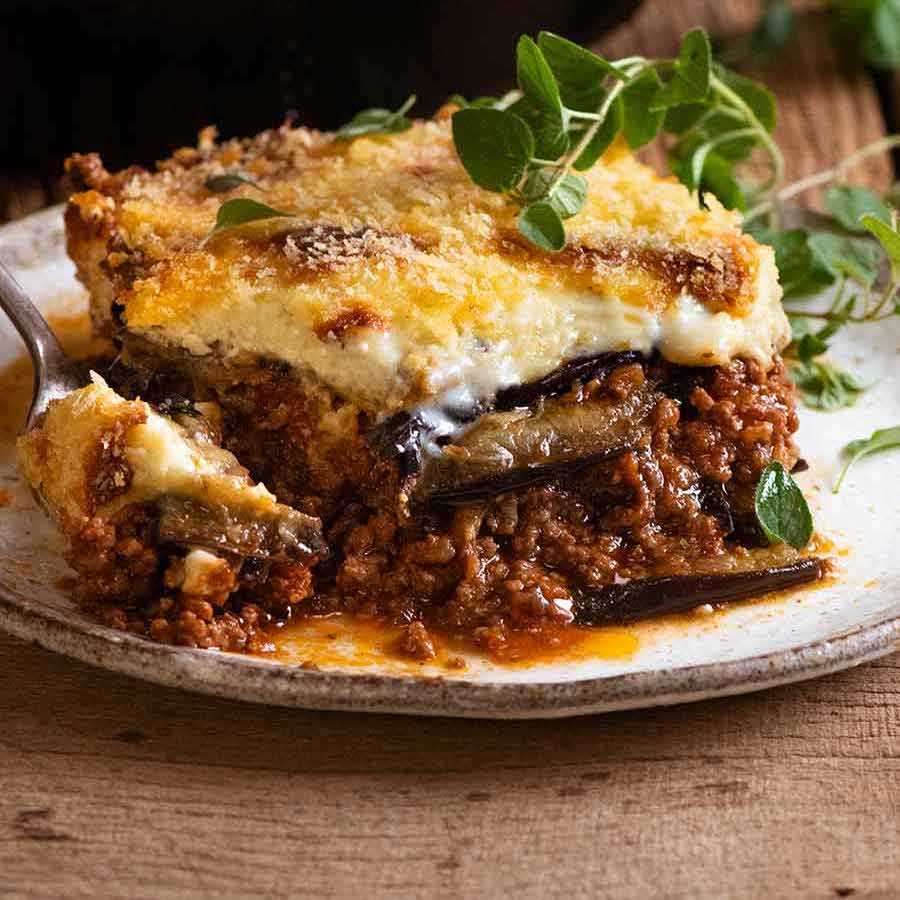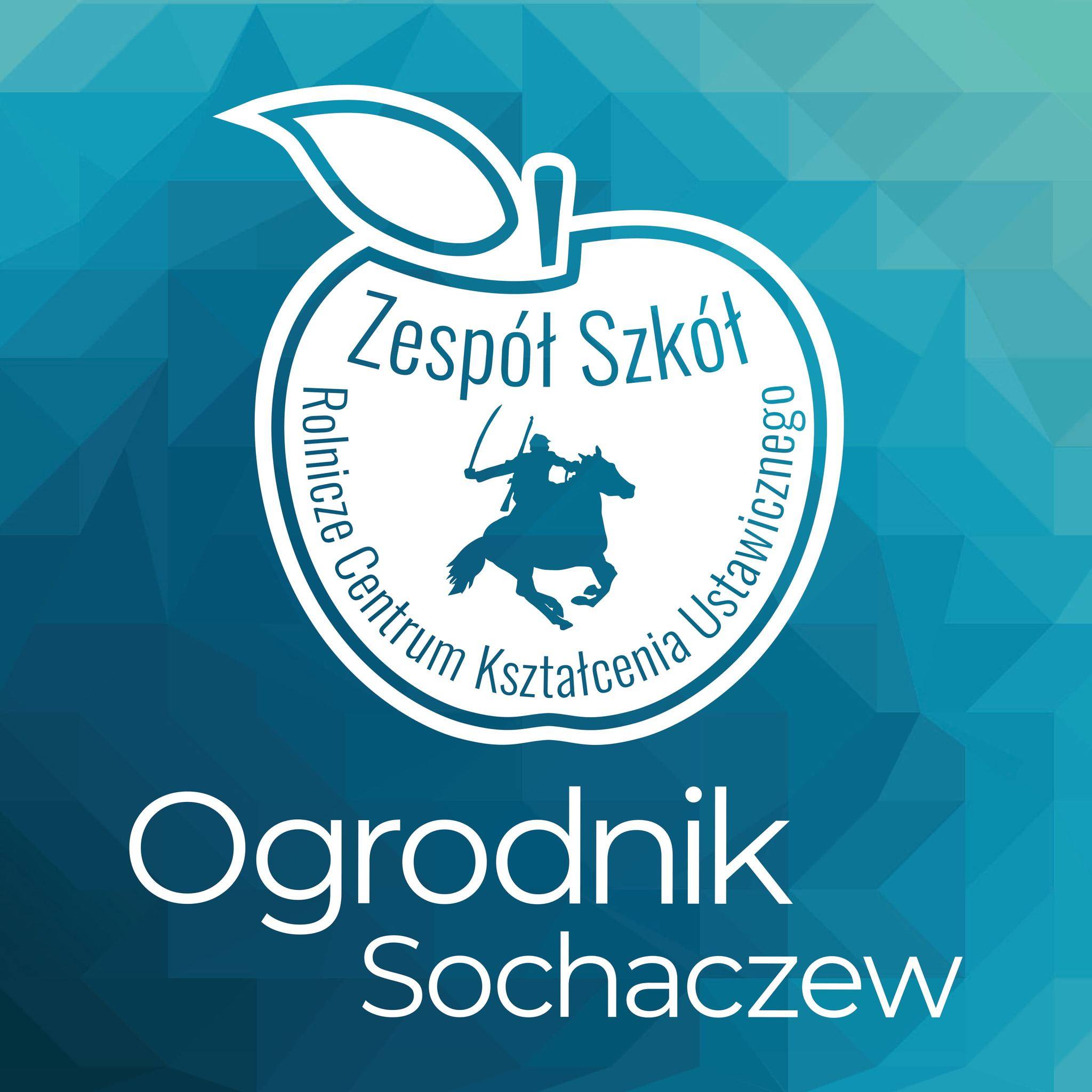Holidays and religious traditions in Greece
Greece is a country with deep-rooted religious traditions that date back to antiquity. Today, most Greeks identify themselves as members of the Orthodox Church. Below are some of the important religious holidays and traditions celebrated in Greece:
Easter (Pascha): Easter is the most important holiday in Greece. It is celebrated on the basis of the Julian calendar, so the dates may differ from those celebrated in the Western tradition. There are many celebrations before Easter itself, and on the evening of Saturday there is a special ceremony called ‘Easter Night’. Greeks wish each other “Christos Anesti” (Christ is risen), which is answered with “Alithos Anesti” (He is truly risen). Easter breakfast is a time when Greek families partake in a hearty meal, as well as a traditional dance called ‘syrtaki’.
Feast of the Three Hierarchs: Celebrated on 30 January, it is a day dedicated to three holy hierarchs: Basil the Great, Gregory the Theologian and John Chrysostom, who are considered the main teachers of the Orthodox Church.
Feast of the Annunciation: Celebrated on 25 March, this feast commemorates the Annunciation to the Virgin Mary of the birth of Jesus Christ. Greek Catholics also celebrate Independence Day on this day.
Saint John the Theologian: Celebrated on 8 May, this is a day dedicated to Saint John the Theologian, who is the author of one of the Gospels and the Apocalypse.
Feast of the Ascension: Celebrated 40 days after Easter, it is the day on which believers remember the ascension of Jesus Christ.
Saint Nicholas Day: 6 December is celebrated on Saint Nicholas Day, who is a popular saint in Greece. Children receive presents from St Nicholas and in the evening families gather for a meal together.
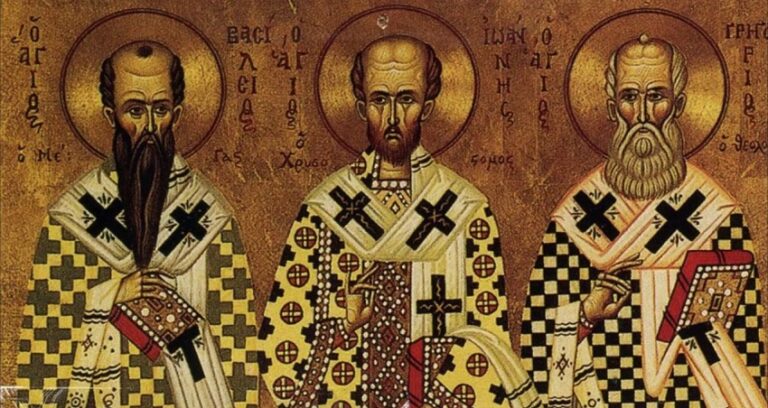
Tradycje Sportowe w Grecji
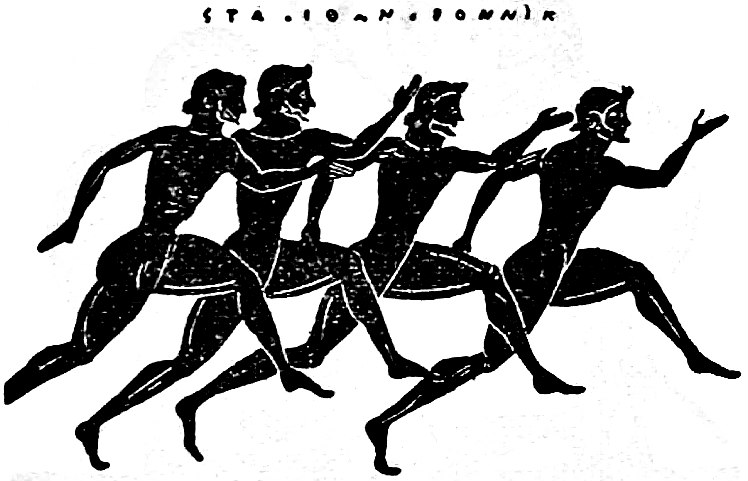
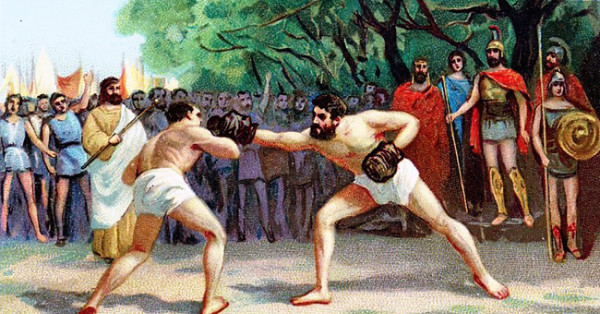
Greece has a rich sporting tradition that has its roots in antiquity. Here are some important sporting traditions in Greece:
Olympic Games: the ancient Olympic Games, which were held every four years in Olympia, are considered the beginning of the modern Olympic Games. In 1896, Athens hosted the first modern Olympic Games, which have since been held every four years around the world. Greece has special significance as the birthplace of the Olympic sporting movement.
Athens Marathon: the Athens Marathon is one of the most famous and prestigious marathons in the world. The race has its roots in ancient Greece and commemorates the legend of the Greek soldier Philippides, who ran from the city of Marathon to Athens to deliver the news of victory in battle. The Athens Marathon is held every year and thousands of runners from all over the world come to take part.
Football: Football is one of the most popular sports in Greece. The Greek Superliga is the highest football league in the country, and the Greek national team has participated in many international tournaments, including the World Cup and the European Championships.
Basketball: Basketball is also a very popular sport in Greece. The Greek basketball league, known as the ‘Basket League’, attracts many talented players. The Greek national team has enjoyed many successes on the international stage, including winning the European championship in 1987.
Tennis: Greece has its own talented tennis players who are successful on the world stage. Stefanos Tsitsipas is one of Greece’s best-known tennis players, having achieved high ATP rankings.
Water sports: Due to its location on the Mediterranean Sea, Greece is an ideal place for water sports such as sailing, windsurfing, diving and kayaking.
Greece’s culinary traditions are extremely rich and varied, reflecting both cultural influences and local ingredients available in the region. Here are some culinary traditions in Greece:
Mezze is a traditional dish that consists of many small snacks, usually served at the beginning of the meal. You can find a variety of delicacies such as tzatziki (yoghurt-cucumber sauce), skordalia (garlic sauce), dolmades (stuffed grape leaves), feta (sheep’s cheese), olives, spicy meats and many more.
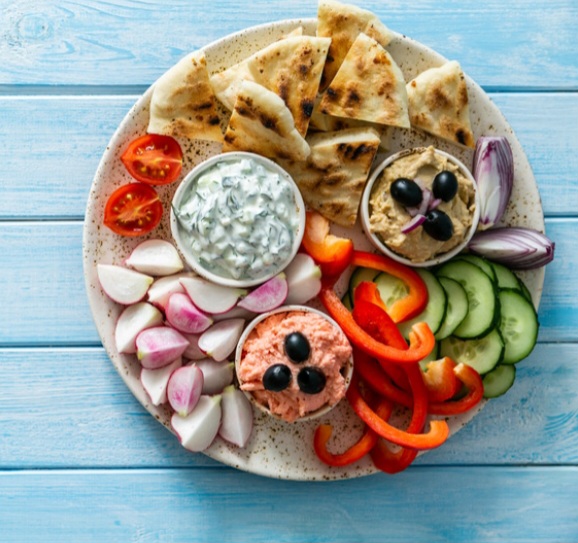
Souvlaki is a popular dish in Greece. It consists of pieces of grilled meat (usually pork or chicken) impaled on skewer sticks. Souvlaki is usually served with pita (pancake), salad, tzatziki and chips.

Moussaka is a classic baked dish with layers of aubergine, minced meat (usually lamb or beef) and béchamel sauce. It is a signature Greek dish, often served as a main course.
